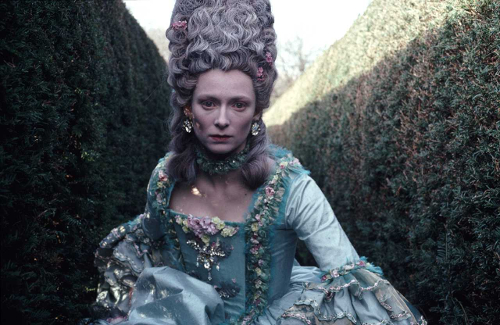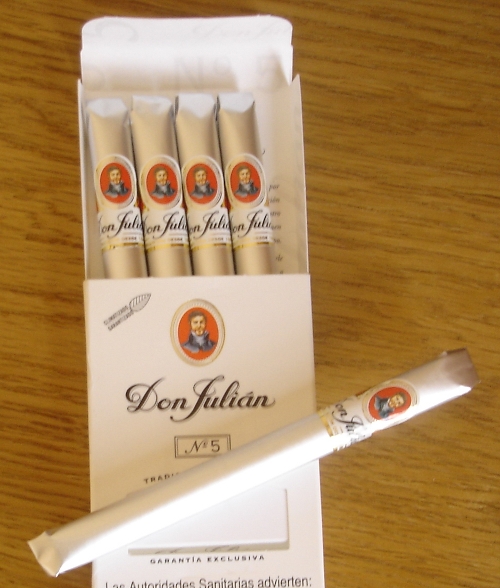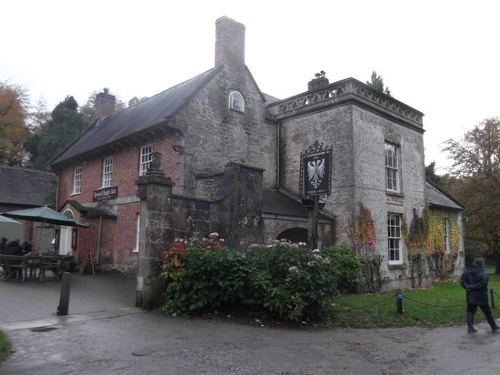Orlando - Eternal Beauty
When filmmakers are allowed to give full vent to their artistic ambition and express their instinctive creative imagination — creating art from the heart — the result can offer a transcendent experience imbued with timeless beauty and universal meaning. (Or it can be a disaster, but it's worth the risk.)
We have featured several directors who have managed to unleash artistic heaven on celluloid, such as Paulo Sorrentino, Werner Herzog, Peter Greenaway and Claire Denis. Let's now pan the camera and zoom in to English director Sally Potter. As writer, director and composer of the soundtrack music, Sally created an absolute gesamtkunstwerk with her film adaptation of Virginia Woolf's Orlando: A Biography.
Delight and elevateSally's Orlando, which came out in 1992, is a film that manages to delight and elevate the spirit, providing a completely satisfying filmic experience. The film is alive with beauty, not least because it stars the truly divine Tilda Swinton as Orlando. The film is also loaded with the fine points of period detail and costume design that we appreciate greatly, and some wonderful English gardens.
Concentrate on the beautyVirginia Woolf's novel is the story of an English nobleman and would-be poet from the Elizabethan period. The key plot device is that Orlando magically turns into a woman, and an immortal woman at that, so that we have a character that can see the world from the point of view of both sexes. An intriguing literary device. Lots of enjoyment-sapping over-analytical twaddle has been written about the subtext of the novel, but feel free to ignore all that and concentrate on the beauty of the prose. Orlando is a lovely story that has wonderfully romantic evocations of key periods in British history.
Some get left behind by the breathless stream-of-consciousness form of Virginia's writing in the novel. The film is a far more palatable affair for most and some say a far better experience than the book.
Famous exchange:
Changing cultural landscapeIn Sally's film, Queen Elizabeth I, played as to the manor born by Quention Crisp, bequeaths a stately castle and dowry to the young poet Orlando on the decree that he never grows old. Orlando ascents to the decree, dabbling in the arts for a couple of hundred years in the splendid isolation of his castle home. Following a trip to the mystical East in the 18th century, Orlando changes into a woman following, as Sally explains, 'a crisis of masculine identity'. The story proceeds into the present day as we see how the now-female Orlando fares against the changing cultural backdrop of Britain.
Most beautiful film ever?Orlando is a true artistic vision and visually stunning in its dream-like quality. One is left with a sense of joy at its conclusion. One returns to the film to relive that sense of delight again and again.
You might wish to skip the video below if you've never seen the film — it's the ending with a song performed by James Somerville. It's just occurred to me: The Long Good Friday is another film that I greatly admire that ends reliant on the acting ability of the main character through facial expressions alone.














